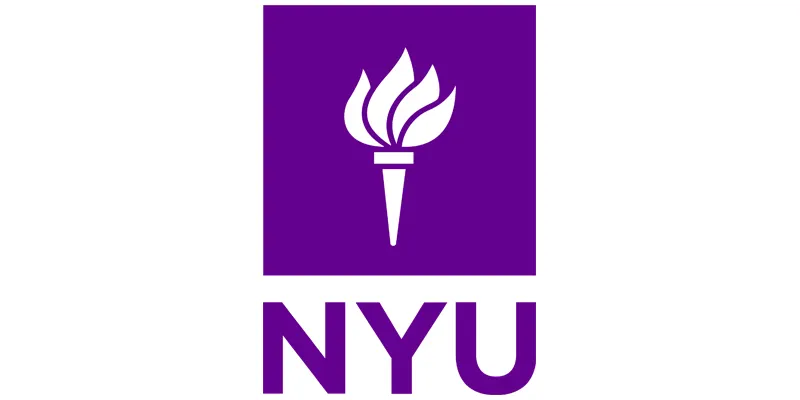At UC San Francisco, we are driven by the idea that when the best research, the best teaching and the best patient care converge, we can deliver breakthroughs that help heal the world.
Services
Types of Educational Services
Educational services encompass a wide range of offerings designed to support learning and academic development. These services can be categorized into various types, each catering to specific educational needs. Let’s explore some of the most common types of educational services:
Tutoring Services: Tutoring services provide personalized, one-on-one instruction to help students excel in specific subjects or areas where they may be struggling. Tutors work closely with students to identify strengths and weaknesses, providing targeted guidance and support.
Test Prep Services: Test prep services help students prepare for standardized tests such as the SAT, ACT, GRE, or GMAT. These services offer comprehensive study materials, practice tests, and strategies to help improve test-taking skills and increase scores.
Language Learning Services: Language learning services offer courses and programs for individuals who want to learn a new language or enhance their language skills. These services may include interactive lessons, language immersion programs, and proficiency assessments.

Online Education Platforms: Online education platforms provide a flexible and accessible way to access educational content and courses from anywhere at any time. These platforms often offer a wide range of subjects, enabling learners to acquire new skills or complete degrees remotely.
Career Development Services: Career development services assist individuals in exploring career options, gaining job-related skills, and preparing for the job market. These services may include career counseling, resume building, interview coaching, and networking opportunities.
Special Education Services: Special education services are tailored to meet the unique needs of students with disabilities. These services may include individualized education plans (IEPs), specialized instruction, accommodations, and support services to ensure equal access to education.
Professional Training Services: Professional training services provide industry-specific training and certification programs. These services are designed to enhance professional skills, stay updated with industry trends, and meet continuing education requirements. These are just a few examples of the diverse range of educational services available. Each type serves a specific purpose and offers different benefits to learners of all ages and backgrounds. By understanding the various types of educational services, individuals can choose the ones that best align with their goals and learning preferences.
Benefits of Educational Services
Educational services play a crucial role in supporting the learning and development of individuals across various stages of life. Whether it’s through tutoring, online courses, or career development services, educational services offer numerous benefits. Here are some key advantages of utilizing educational services:
Individualized Support: One of the significant benefits of educational services is the personalized attention and support they provide. Whether it’s through one-on-one tutoring or tailored online courses, educational services can cater to the specific needs and learning styles of individuals. This individualized approach can boost learning outcomes and help individuals overcome academic challenges.
Improved Academic Performance: Educational services, such as tutoring and test prep, can significantly enhance academic performance. By providing targeted instruction, practice materials, and strategies, these services help students build a solid foundation of knowledge, improve study skills, and achieve better grades. They also help students gain confidence in their abilities and develop a positive attitude towards learning.
Flexibility and Convenience: Many educational services, especially online platforms, offer flexibility and convenience. Learners can access educational resources and courses at their own pace and convenience, allowing them to balance their education with other commitments such as work or family responsibilities. This flexibility enables individuals to pursue education and acquire new skills without disrupting their daily lives.
Career Advancement: Educational services, particularly professional training and career development programs, can provide a competitive edge in the job market. These services offer industry-specific knowledge, skills, and certifications, which are highly valued by employers. By enhancing their skills and staying updated with industry trends, individuals can increase their employability and advance their careers.
Access to Specialized Support: Individuals with specific educational needs, such as those with disabilities or language barriers, can benefit greatly from specialized educational services. These services provide tailored support, accommodations, and resources to ensure that everyone has equal access to education and opportunities for growth.
Lifelong Learning: Educational services promote a culture of lifelong learning by providing opportunities for continuous skill development. Whether individuals want to acquire new knowledge in a particular subject or explore a new passion, educational services offer a wide range of courses and resources to support ongoing learning and personal growth.
Overall, educational services offer a multitude of benefits, ranging from personalized support and improved academic performance to flexibility, career advancement, and access to specialized resources. By taking advantage of these services, individuals can enhance their learning experience, achieve their academic and career goals, and continue their journey of lifelong learning.
The University of Texas System is one of the nation's largest public university systems of higher education. It runs about 15 universities throughout the Lone Star State with a total enrollment of nearly 256,785 students at academic and health institutions across the state, as well as an operating budget of $32 billion. UT System also runs about half a dozen health institutions, including medical schools. The system also offers undergraduate and graduate degrees in fields including science, technology, engineering, and math. Established in 1876, UT Austin opened in 1883. The UT System was formally organized in 1950.
With approximately 61,890 students attending its about 20 schools and colleges, New York University (NYU) is one of the largest private universities in the US. Anchored in New York City and with degree-granting campuses in Abu Dhabi and Shanghai as well as about a dozen study away sites throughout the world, NYU is a leader in global education. Its Tisch School of the Arts is well regarded, and its law school and Leonard N. Stern School of Business are among the foremost in the country. One of the most prominent and respected research universities in the world, featuring top-ranked academic programs and accepting fewer than one in eight undergraduates, NYU's students come from nearly every state and nearly 135 countries.










